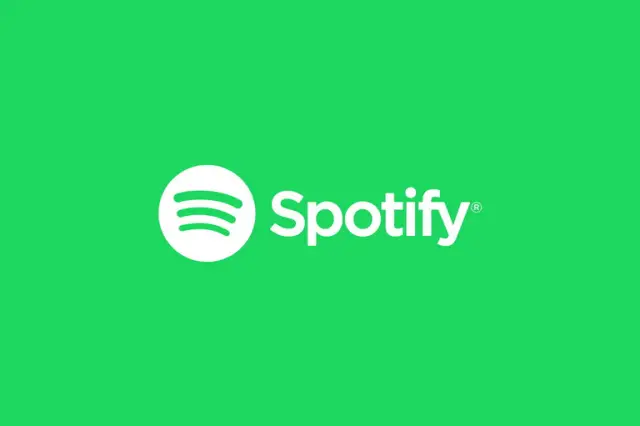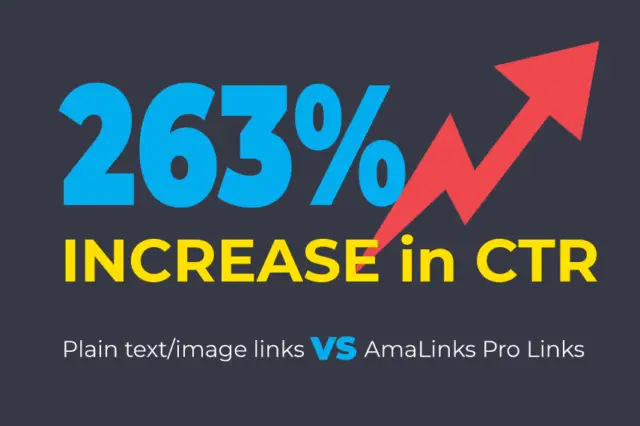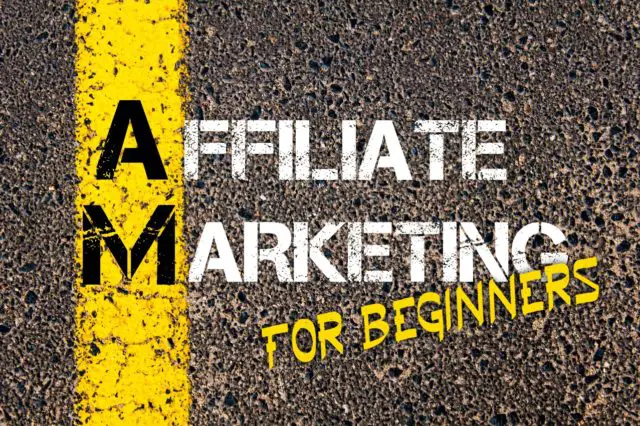
Learn about the Spotify affiliate program.
The story of Spotify traces back to the early 2000s when two Swedish entrepreneurs, Daniel Ek and Martin Lorentzon, recognized the changing landscape of the music industry. At the time, piracy was rampant, and the traditional model of purchasing physical albums or digital downloads was gradually losing its appeal. Ek and Lorentzon aimed to create a platform that would provide easy access to music while also addressing the issue of piracy.
Spotify was officially launched in October 2008 in Sweden, offering a unique proposition to users: unlimited access to a vast library of music in exchange for a monthly subscription fee or free with ads. This freemium model was a strategic move that allowed users to experience the platform’s benefits without a financial commitment. This approach not only attracted users but also tackled the piracy problem by offering a legal alternative.
Spotify is a music streaming service that allows users to access a vast catalog of songs, albums, and playlists from various artists and genres. Users can create their own playlists, follow playlists curated by others, and explore personalized recommendations based on their listening history. The platform’s algorithm analyzes user preferences, listening habits, and interactions to offer a tailored music discovery experience, introducing users to new artists and songs aligned with their taste.
One of Spotify’s standout features is its commitment to accessibility. It can be accessed through a variety of devices, including smartphones, tablets, computers, smart TVs, and even in-car entertainment systems. This versatility ensures that users can enjoy their favorite tunes anytime, anywhere.
Spotify’s impact on the music industry has been both profound and complex. On one hand, it has provided a legal and convenient way for users to access music, significantly reducing piracy rates. On the other hand, its business model has sparked debates about artist compensation. Spotify pays artists and rights holders based on the number of streams their songs receive. While this has provided a revenue stream for many artists, some argue that the per-stream payout is insufficient to support their livelihoods, especially for independent or smaller artists.
The platform has also transformed how artists promote their music. The prominence of playlists has shifted the focus from traditional radio play to securing placements on influential playlists, leading to new strategies for gaining exposure. Additionally, Spotify offers data analytics to artists, allowing them to understand their audience demographics and listening patterns, which can inform decisions about marketing and touring.
Spotify has not been without challenges. Competition in the music streaming space has intensified, with rivals like Apple Music, Amazon Music, and YouTube Music vying for market share. Each platform offers its own unique features and advantages, contributing to a diverse landscape of options for consumers.
Licensing and royalty negotiations with record labels and artists have posed ongoing challenges for Spotify. Balancing the need to compensate artists fairly while maintaining a sustainable business model has been a delicate balancing act. Additionally, regional licensing agreements can result in variations in available content from one country to another.
As of my last knowledge update in September 2021, Spotify continues to innovate and adapt. The company has expanded its offerings to include podcasts and exclusive content, further positioning itself as a hub for all things audio. It has also delved into technologies like machine learning and artificial intelligence to enhance personalized recommendations and user experience.
Spotify’s journey from a small startup to a global music streaming giant has been marked by innovation, disruption, and transformation. It has revolutionized the way we discover, listen to, and share music, impacting not only the music industry but also the broader cultural landscape. While challenges persist, Spotify’s influence is undeniable, and its evolution will undoubtedly continue to shape the future of music consumption.

Miles Anthony Smith
Miles is a loving father of 3 adults, devoted husband of 24+ years, chief affiliate marketer at AmaLinks Pro®, author, entrepreneur, SEO consultant, keynote speaker, investor, & owner of businesses that generate affiliate + ad income (Loop King Laces, Why Stuff Sucks, & Kompelling Kars). He’s spent the past 3 decades growing revenues for other’s businesses as well as his own. Miles has an MBA from Oklahoma State and has been featured in Entrepreneur, the Brookings Institution, Wikipedia, GoDaddy, Search Engine Watch, Advertising Week, & Neil Patel.
For more information about this offer: View the Spotify homepage



